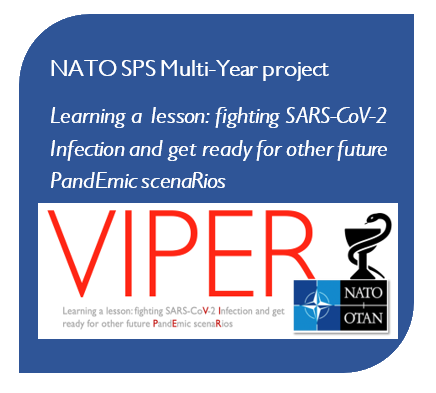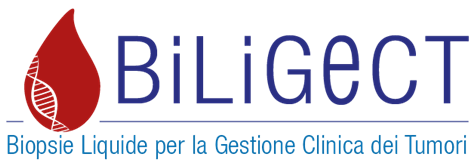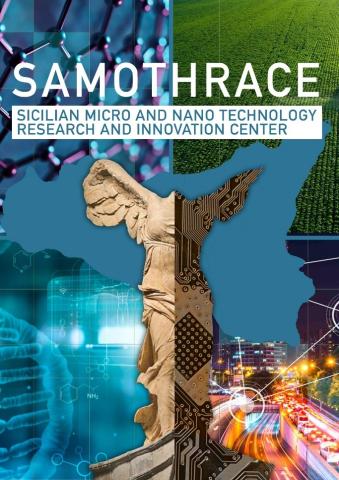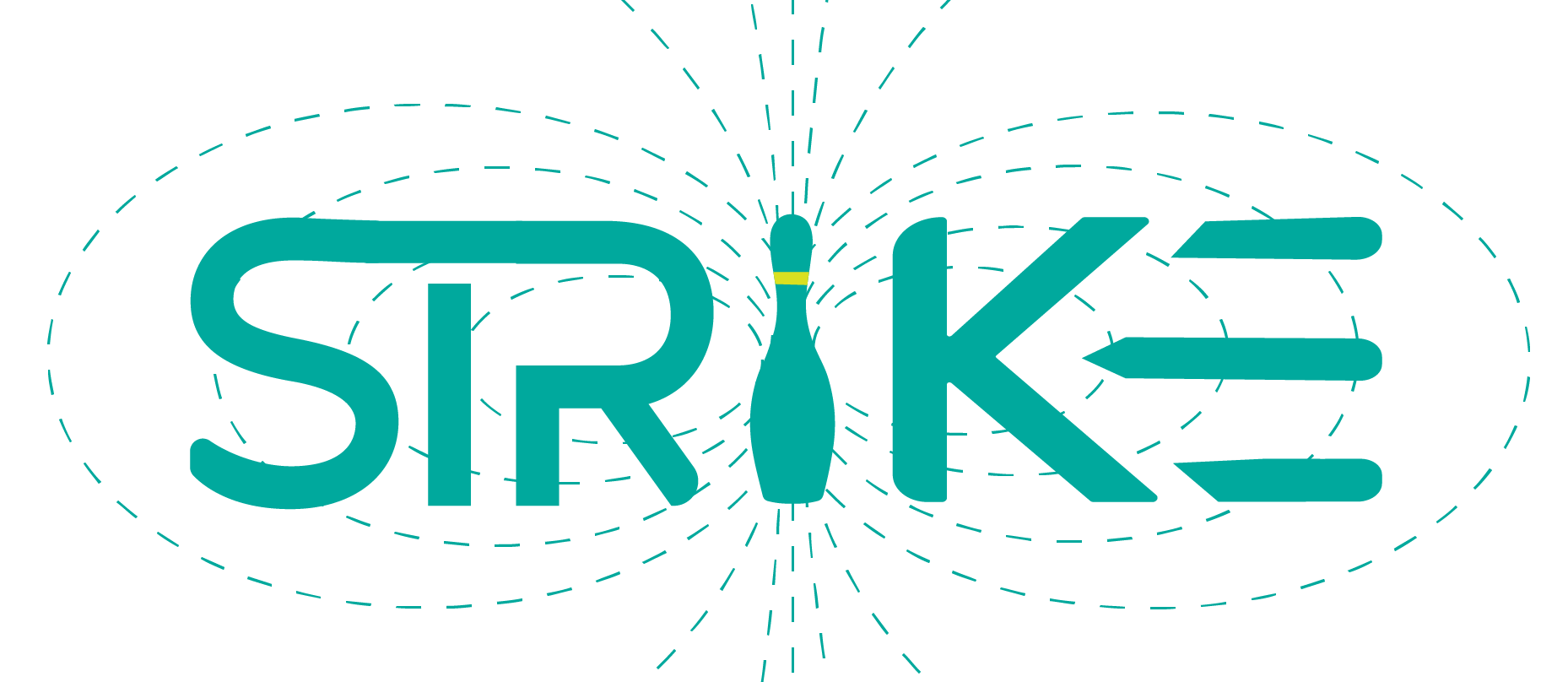RESEARCH INTERESTS:
- Development of Nanomaterials for Regenerative Medicine, Drug Delivery and Biosensing applications
- Rational Design and Synthesis of small molecules (carbo-heterocycles, peptidomimetics, hybrid species, etc) able to interfere with viruses/parasites replication or with cell death/proliferation processes.
Permanent Staff :
Non-Permanent staff:
PhD Students: Roberto Oliva, Marco Abbate, Claudio Stagno, Arianna Rossi, Pietro Amico
CURRENT RESEARCH DIRECTIONS
Development of multifunctional materials based on biopolymers, plasmonic nanoparticles, magnetic nanoparticles and graphene incorporating specific biomolecules, anti-cancer drugs and molecular reporters for applications in nanomedicine and, particularly, in cancer nanotherapy (targeted cancer nanochemotherapy, multimodal therapy, molecular imaging and diagnostic, etc.).
Development of nano-biosensors and nanodevices for detection and identification of biomarkers and (bio)chemical agents. Nanodevices based on vibrational spectroscopy including ordinary Raman and SERS, localized surface plasmon resonance LSPR-UV-VIS, steady-state and time-resolved fluorescence, and magnetic measurements are developed in collaboration with different international research groups.
Project
MSCA-DN-STRIKE (2022-2026)
NATO project Science for Peace and Security Programme: VIPER ( 2022-2024)
SAMOTHRACE –(WP3 Health) Next Generation EU (2022-2025)
PON3PE_00216: Drug Delivery: Vehicles for sustainable innovation (2018-2023)
PON MIUR - “BiLiGeCT” (2018-2022)
CYCLONET project (Cyclodextrin Network), "Young Investigator Training Program 2019”
Research & Mobility project “Signalosome Complex Activation by New Nanotherapeutic Agents in Viral and Cancer Treatment (2018).



Equipment and processes
SYMAT Labs are equipped with the instruments for production and purification of compounds and has access to facilities for the synthesis, the physico-chemical and the morphological characterization of nanomaterials: UV-Vis-NIR, FTIR, NMR, micro-Raman and X-ray photoelectron spectroscopies, STEM and SEM-EDX microscopies, single crystal diffraction, circular dichroism, dynamic light scattering, differential scanning calorimetry, atomic force microscopy and thermogravimetric analysis.
